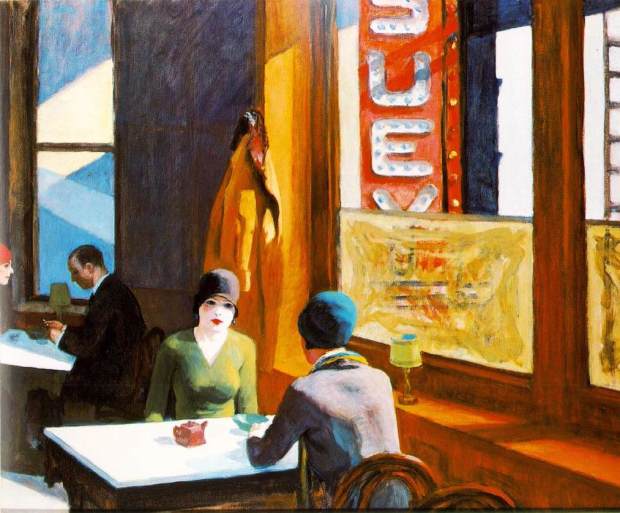 Nausea. Simply hearing the title and author make many shiver with trepidation. It’s even more difficult to review!
Nausea. Simply hearing the title and author make many shiver with trepidation. It’s even more difficult to review!
Nausea is the published (fictionally) diary of writer Antoine Roquentin and it appears to have been published posthumously. It begins with Roquentin beginning his diary and vowing to record things down as they appear. In diary’s preface, it appears that Roquentin has returned to France after many years of travelling. His first proper entry is Roquentin’s description of his first experience of what he labels as ‘nausea’:
Something has happened to me: I can’t doubt that any more. It came as an illness does, not like an ordinary certainty, not like anything obvious. It installed itself cunningly, little by little; I felt a little strange, a little awkward, and that was all … and now it has started blossoming. – p. 13
A change has occurred in Roquentin and has altered the way he perceives the world. Every little thing is just that little bit more different, a little bit more absurd and senseless. Everything in Roquentin’s world becomes superfluous. As he struggles through the daily motions of researching in the Bouville library, his encounters with the people he regularly sees there and his musings on his long, lost love Anny, Roquentin becomes even more unhappy trying to live in the now:
I build my memories with my present. I am rejected, abandoned in the present. I try in vain to rejoin the past: I cannot escape from myself. – p. 53
Roquentin realises that he was much happier before this nausea, before his new perception of the world he lives in. Perhaps it’s another aspect of the idea that ignorance may indeed be bliss. But the real question that haunts Roqeuntin is what does it mean to exist?
My thought is ‘me’: that is why I can’t stop. I exist by what I think … and I can’t prevent myself from thinking. – p. 145
The paradox and contradictory terms of existence makes itself known to Roquentin as he slowly examines the ideas of existence and arrives at various, however futile, theories of how Roquentin might live out his life.
The crux of Sartre’s existentialist theory (theories) is that a being is essentially free but when one realises that they are entirely free (arguably – but let’s not get into that right now), the sense and responsibility of the freedom is overwhelming.
This is a rather short and blunt review but it is quite difficult to review this novel because of all the aspects and details. I had no trouble reading this but while I struggled at times with the theoretical subtext of Nausea, I usually just let it wash over me while I read the book. The novel is very enjoyable and it’s a marvellous read if only for the story. The writing is simply beautiful and often quite poetic. I think the readability of Sartre’s novels is very underrated. I remember being so amazed at how much fun I had reading The Age of Reason. Don’t let it intimidate you and simply enjoy the ride.

